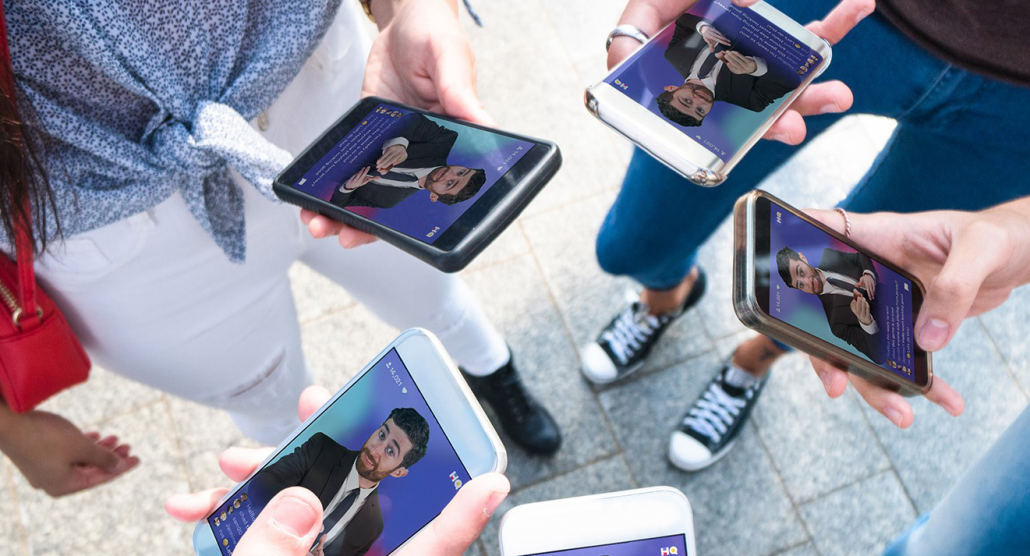Humans dreamed of having all of the world’s knowledge at their fingertips for a long time. For the more than 70 % of Canadians who own a smartphone, that dream has become a reality. And with the arrival of smart watches, clothes with sensors and connected homes, we never have to be offline. The collected data contributes to the improvement of products and the consumer experience by enabling personalization and eliminating non-relevant advertising. However, it would seem that all this technology is not making us any happier… or any smarter, for that matter. These are just some of the conclusions in the latest Prosumer Report from Havas.
Theodore Roosevelt famously said “comparison is the thief of joy” long before our mobiles and social media helped us see the world through filtered and Photoshopped lenses. The pursuit of likes can make it seem as if everyone you know is travelling Asia, dancing at a secret Arcade Fire show or eating in a hot new restaurant… while you’re stuck at home struggling to fold a fitted sheet. Not surprising then, that a quarter of 18-34 year olds feel unhappy and even depressed about their lives. Furthermore, one out of five Millennials prefer their virtual personas to their actual selves. The relative anonymity that we enjoy on the Internet allows us to carefully craft our personas online. Obviously, most of us would prefer being Superman, rather than a dull-normal like Clark Kent.
Two-thirds of Canadians report feeling worried that technology is damaging human relationships. Not only because we’re talking less, choosing to tap at our screens, even during meals. Not only because texting while driving risks us permanently ending our human relationships. But mostly because social media is divisive, when it comes to questions over U.S. gun control laws, Catalan independence or the “Bonjour, hi” debate in Quebec. Those surveyed admitted that social media tends to confirm their already established opinions, while others believe that using social media is reducing our ability to think critically. Something that is seemingly confirmed every day by President Donald Trump’s Twitter account alone.
Furthermore, more than 50% of respondents believe that the rise of artificial intelligence will make humans lazier and less independent. Forty-four per cent also fear that we’ll become less creative. Our modern dread is that intelligence will only exist artificially.
I can honestly admit that I only know five or six telephone numbers by heart, and that includes 911 and a taxi company. I don’t know basic survival skills and would be devoured by wild animals if ever stranded on a deserted island. But it should also be noted that many skills we once prized have lost in value. Goodbye to milkmen, harquebusiers and galley slaves! I may not know how to sew or grow corn, but when I watch a boomer try to configure a new laptop, it all evens out. Different eras, different skills.
If technology regularly upends our reality, it isn’t always a negative change. We are still excited about the future. For example, 7 out of 10 people have used social media to support a cause. Whether it be using a hashtag to support #BlackLivesMatter or participating in a democratic movement like the Arab Spring, social media is an essential tool for today’s activist. So the human desire to build a positive public persona can be used for good too.
With all the time we spend on social media and puttering with technology, the idea of having a romantic relationship with a robot is gaining in popularity. Siri does have a sense of humour, a sexy voice… Falling in love with Alexa doesn’t seem so far-fetched after all. In any case, 12% of Canadian males are open to trying a robot love connection!
Article originally published in French on HuffPost Québec.
Image from the Prosumer report


